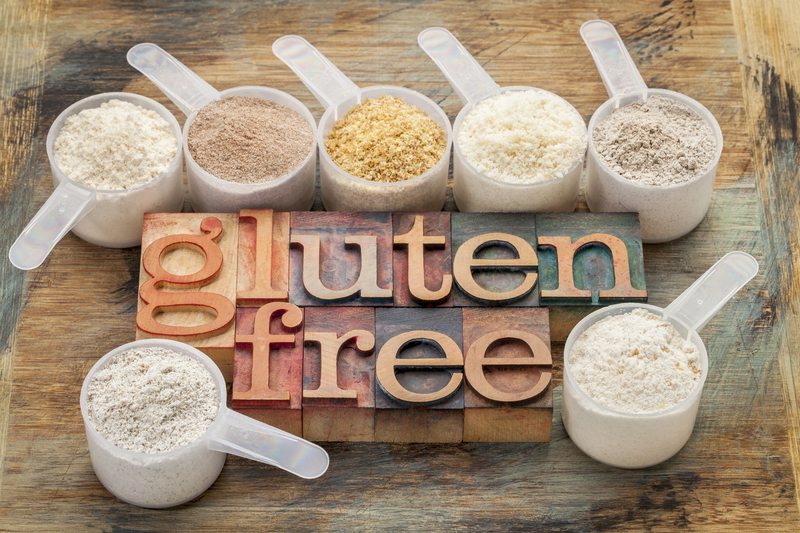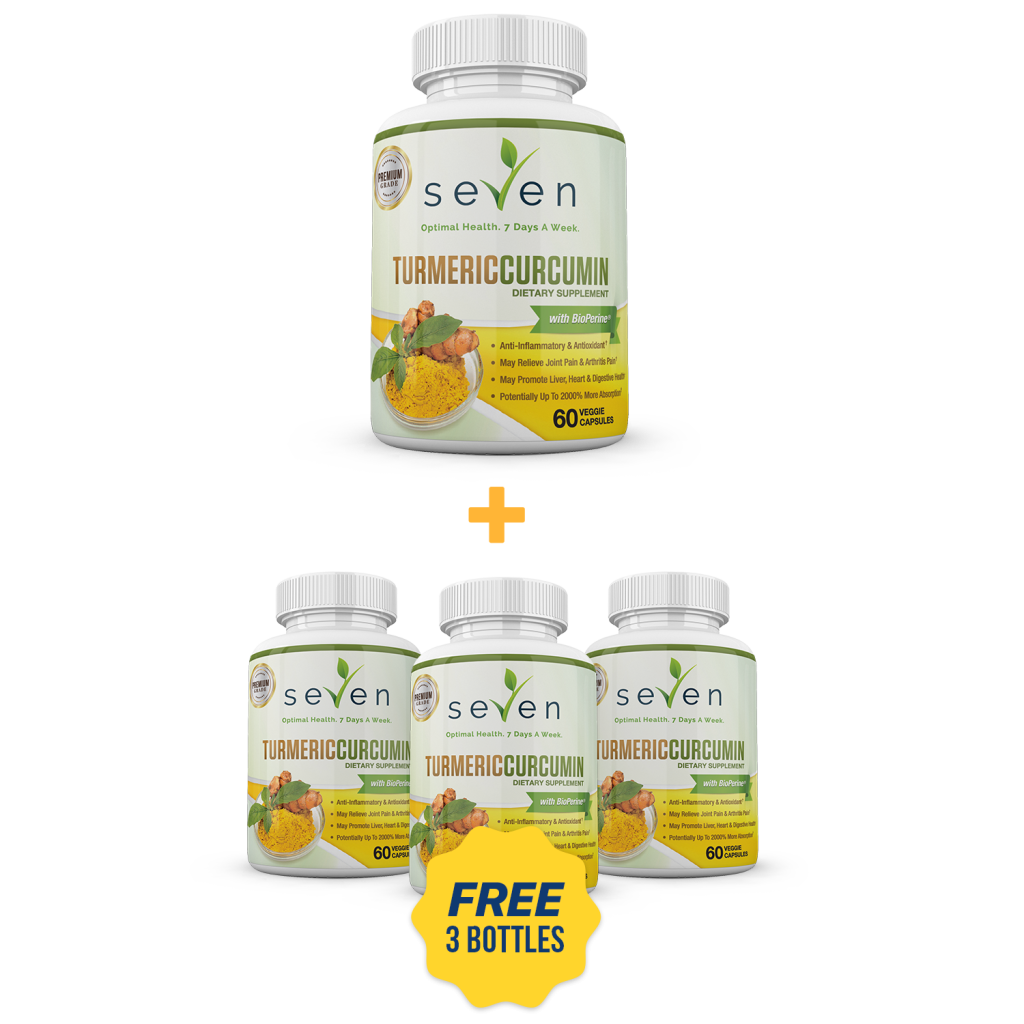The Gluten-Free Diet is becoming increasingly popular – even though only a small amount of people actually need to avoid gluten. According to a recent study, the proportion of people who have celiac disease didn’t change from 2009-2014.
But is it something you should be striving for?
What is Celiac Disease?
Celiac disease is an auto-immune disorder that affects approximately 1 in 100 people worldwide. When a person with celiac disease eats gluten, their body views it as a foreign invader and attacks the small intestine. The main target of the immune system, unfortunately, is the villi in the lining of the small intestine.
Villi help with nutrient absorption, so as a person with celiac disease eats more gluten, their ability to absorb nutrients goes down. Because of this, many of the conditions that arise from celiac are related to deficiencies (anemia, osteoporosis, malfunctioning gallbladder, etc).
Should You Eat Gluten?
If you have celiac disease, you obviously should not be eating gluten. You’ll be doing yourself and your body a disservice. Since celiac disease is hereditary, you may already know if you have it or not. Unfortunately, many people with celiac go undiagnosed.
So here’s my tip for you: if you think you have problems with gluten, start a food journal and an elimination diet. Keep track of what you’re eating and how you feel after you eat. When you begin adding gluten back in, if you notice any sort of problems, avoid it – at least for a while.
At the very least, you should go to a doctor to determine whether or not you have celiac disease. If your doctor finds you do NOT have celiac disease, then it’s time to start working on your gut health and immune health. They’re pretty much one and the same, but there are two terrific places to start.
- Increase your Vitamin D
Vitamin D is responsible for running over 3,000 genes inside your body. If you’re not getting regular sun exposure, it’s time to seriously consider taking a vitamin D supplement. Try starting with 4,000-5,000 IU per day.Did you know that Krill is loaded with fat-soluble vitamins, vitamin D, E, and A? Check out our Premium Arctic Pure Krill Daily Supplement? Go here to check it out >>
- Get Probiotics in Your Body
Probiotics not only run approximately 80% of your immune system, they can also help with nutrient absorption and can help get rid of leaky gut (another reason you may be experiencing issues when you eat certain foods). Save 40% on our Premium Grade Probiotic7 formula here >>The best way to get probiotics is through your diet. Eat foods like sauerkraut, kimchi, natto, and yogurt. Just make sure they’re all unpasteurized and that they have low amounts of sugar. Eat as many varieties as you can. The more different types of probiotics you get into your body, the better.If you’re not a fan of those foods (many of them are “stinky”), then your best bet is to take a probiotic supplement.
Is Gluten-Free a Fad?
For better or worse, gluten-free seems to be here to stay. The good news for the people that actually need it is that the prices are dropping because it’s becoming more and more popular.
As far as whether or not you should be eating gluten-free goes, it depends on your body. If you can tolerate it, there’s no reason to avoid it. Again, try the elimination diet and chart your mood and cognitive ability (whether or not you feel mentally slow). If you feel better and can think better when you don’t eat gluten, then don’t eat it. It’s really that simple.




What did you think about this article?